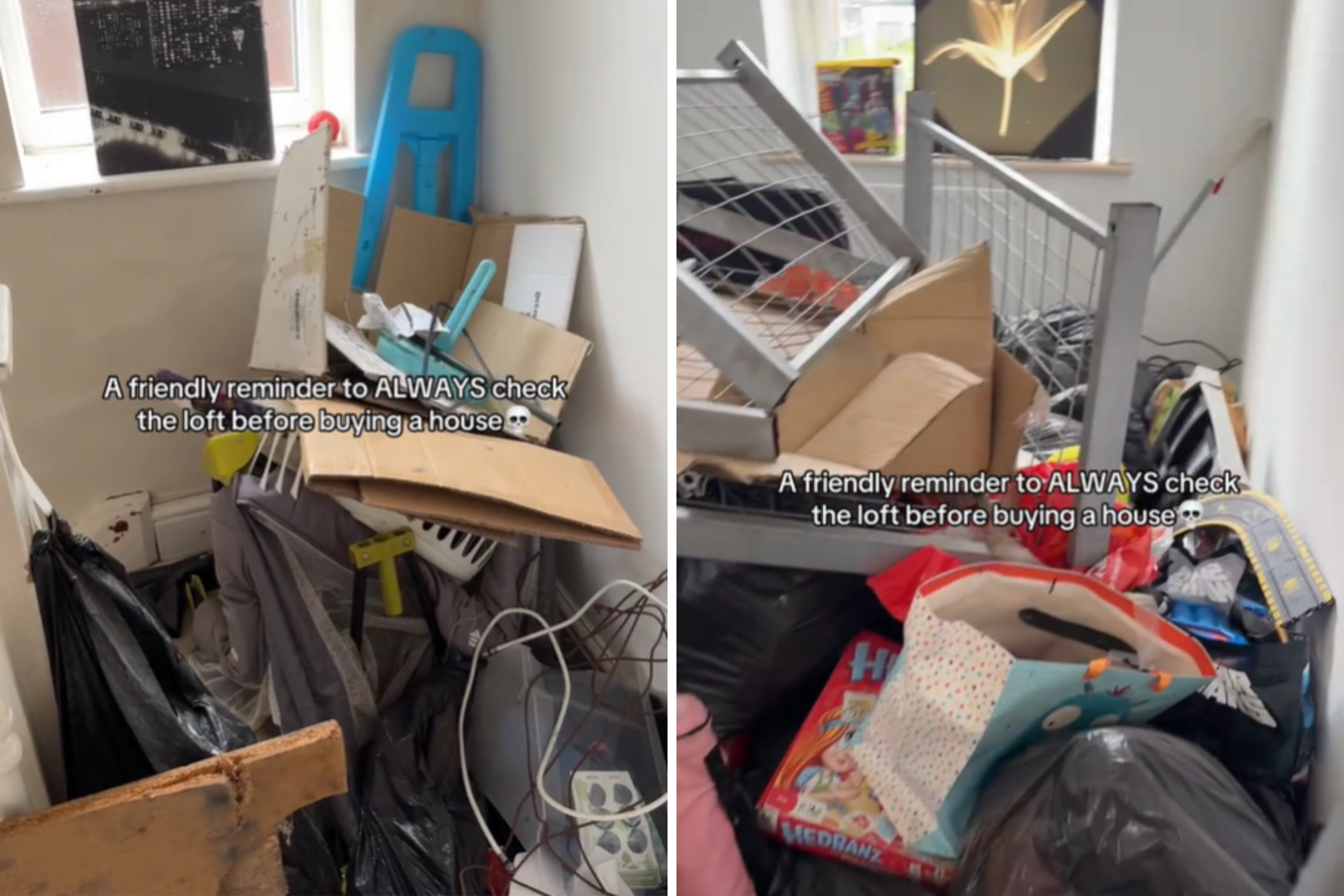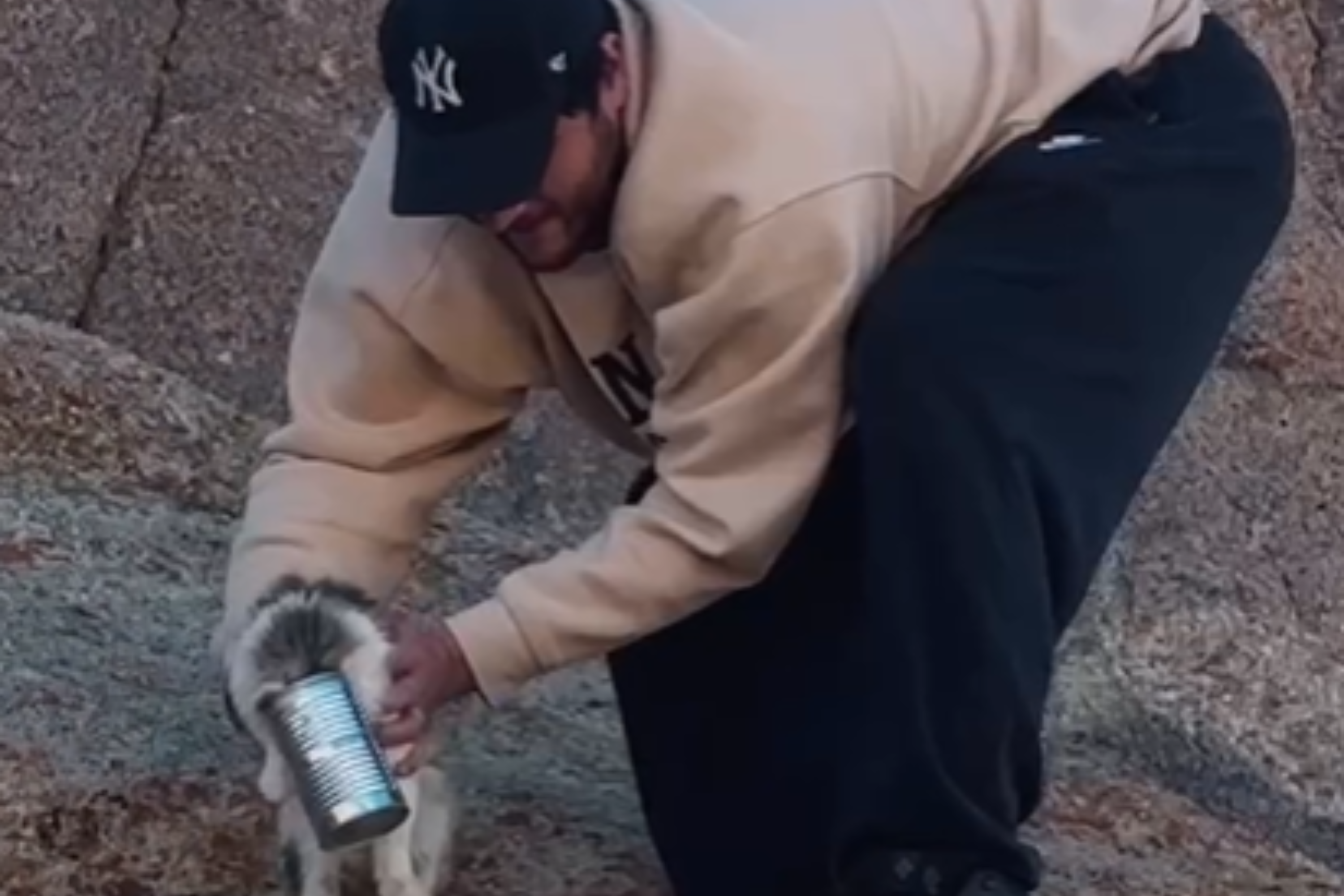Older people who feel sleepy during the day may be more likely to develop a syndrome that can lead to dementia, according to a study published on Wednesday.
"Our findings emphasize the need for screening for sleep issues," study first author Dr. Victoire Leroy, of Albert Einstein College of Medicine in the Bronx, New York, said in a statement. "There's potential that people could get help with their sleep issues and prevent cognitive decline later in life."
Dementia is one of the top 10 leading causes of death in the United States, and it is becoming more common, according to the Centers for Disease Control and Prevention. Alzheimer's—the most common form of dementia—affected 6.9 million Americans in 2022 but is projected to affect nearly 14 million by 2060.
Leroy and the team investigated the relationship between sleep issues and the prevalence of motoric cognitive risk (MCR) syndrome. People with MCR syndrome walk slowly and struggle with memory but have no mobility disabilities or diagnosed dementia.

First described in 2013, MCR has not been recognized by the medical community for long but is now known to lead to dementia in some people. More precisely, older adults with MCR are believed to have twice the likelihood of developing dementia.
The scientists said their research was important because early intervention is needed to prevent dementia effectively.
This study included 445 people over the age of 65, living in residential communities, who did not have dementia.
Participants took questionnaires about their sleep habits at the start of the study. They were asked how often they had trouble sleeping because they couldn't fall asleep within half an hour, because they woke up in the middle of the night, because they felt too hot or cold, and similar. They were also asked whether they took medicine to help them sleep.
In another part of the questionnaires, they were asked about their daytime sleepiness, including how often they had trouble staying awake while driving, eating meals or engaging in a social activity.
The participants were also asked about any memory issues, and whether they struggled being enthusiastic enough to get things done, and the scientists tested their walking speeds with a treadmill.
At the start of the study, 42 out of the 445 seniors had MCR syndrome. Over the course of the next three years, during which the study took place, another 36 developed MCR.
The scientists found that those who were defined as "poor sleepers"—177, or 39.8 percent, of the cohort—had a higher risk of developing MCR compared with "good sleepers."
And they found that people with excessive daytime sleepiness, and who said they struggled to feel enthusiastic about completing everyday tasks because of tiredness, were more than three times more likely to develop the syndrome compared to those without any sleep-related problems.
Participants who had worse sleep quality, who slept for shorter periods of time and who reported more frequent daytime sleepiness and related dysfunction, were more likely to develop MCR, the scientists concluded.
This was an observational study, so it cannot conclude that poor sleep leads to MCR and then dementia—only that an association of risk was observed.
"More research needs to be done to look at the relationship between sleep issues and cognitive decline and the role played by motoric cognitive risk syndrome," Leroy said. "We also need studies to explain the mechanisms that link these sleep disturbances to motoric cognitive risk syndrome and cognitive decline."
The study was published in online scientific journal Neurology, of the American Academy of Neurology, and was supported by the National Institute on Aging.
Do you have a tip on a food story that Newsweek should be covering? Is there a nutrition concern that's worrying you? Let us know via science@newsweek.com. We can ask experts for advice, and your story could be featured in Newsweek.
Reference
Leroy, V., Ayers, E., Adhikari, D., Verghese, J. (2024). Association of Sleep Disturbances With Prevalent and Incident Motoric Cognitive Risk Syndrome in Community-Residing Older Adults, Neurology 103: e210054. https://doi.org/10.1212/WNL.0000000000210054




















 English (US) ·
English (US) ·